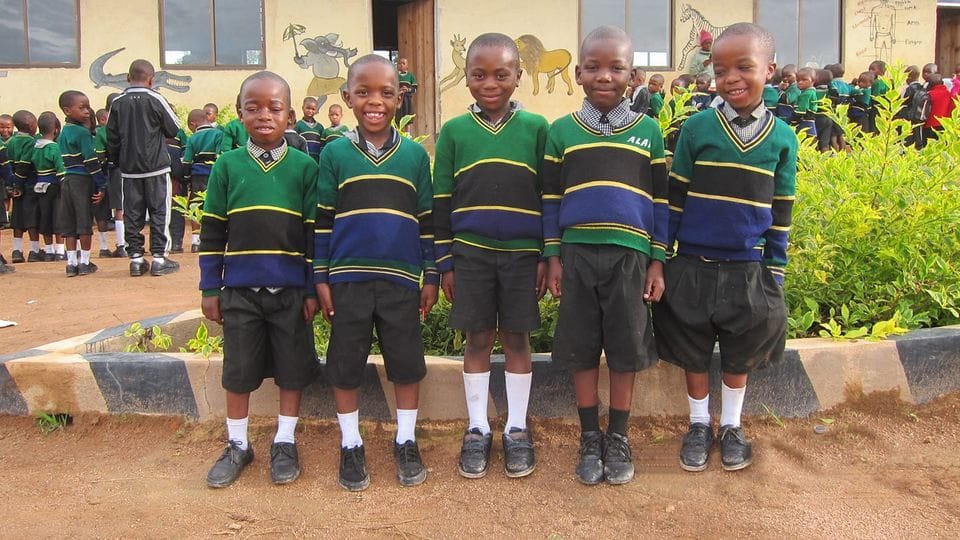
Since 2012, Learning to Serve Community of Tanzania (LESCOTA) has worked to support programs for children and families in the Mbinga District, Ruvuma—one of the poorest and most remote regions of Tanzania. With approximately 103 people per square kilometer, it is the densest in the region according to 2020 Tanzania census data. Fifty-three percent of Mbinga’s population is 0-19 years of age.
Our mission: LESCOTA strengthens the well-being of its rural communities by providing greater access to pre-primary and secondary education and libraries, as well as developing and maintaining clean water supplies.